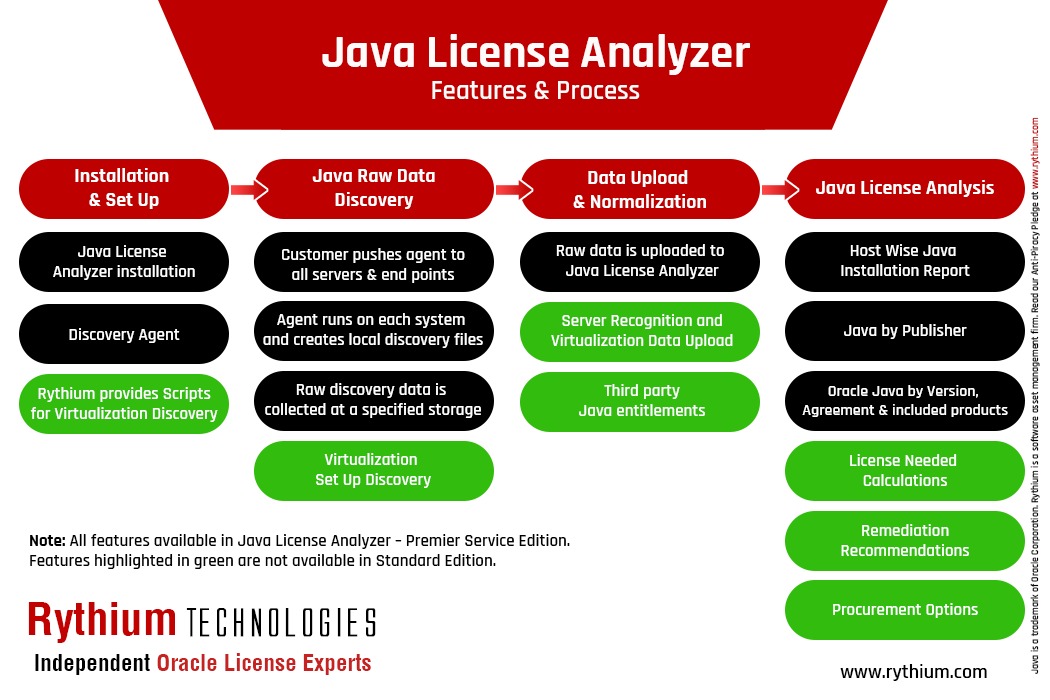What are the common mistakes businesses make with Oracle Cloud Licensing?
Body
Oracle Cloud has transformed the way businesses handle enterprise applications, databases, and middleware solutions. However, despite its benefits, many organizations struggle with managing Oracle Cloud Licensing effectively. Missteps in licensing can lead to unexpected costs, compliance issues, and operational disruptions. Understanding these pitfalls is essential for businesses to maximize their cloud investments while staying compliant.
Misunderstanding Oracle Cloud Licensing Models
One of the most common mistakes businesses make is not fully understanding Oracle Cloud Licensing models. Oracle offers various licensing options, including subscription-based licenses, perpetual licenses, and consumption-based pricing. Each of these models has specific rules and limitations. When companies assume that one model applies universally, they often purchase more licenses than necessary or fail to cover all required instances, leading to compliance risks.
Rythium Technologies LLP has observed that businesses frequently underestimate the complexity of Oracle’s licensing metrics, especially when moving workloads to the cloud. For example, Oracle counts cores differently based on processor types, and these rules vary between on-premises and cloud deployments. Companies that ignore these distinctions may find themselves facing unexpected bills or audit issues.
Ignoring Java Licensing Requirements
Java Licensing is another area where businesses commonly falter. While many organizations assume that Java is free, Oracle’s policies have changed significantly in recent years. Certain versions of Java require a paid subscription for commercial use, and using them without proper licensing can result in legal and financial consequences.
Many businesses continue to use legacy Java versions without verifying licensing compliance, assuming that older practices are still valid. This oversight can lead to penalties during audits. Rythium Technologies LLP advises that companies conduct a thorough Java Licensing review, especially when running mission-critical applications, to ensure all installations are compliant and properly licensed.
Overlooking License Audits
Another critical mistake is ignoring the possibility of audits. Oracle has a rigorous audit process, and businesses that fail to maintain accurate licensing records may face hefty fines. Common errors include failing to track deployments, miscounting users or processors, and neglecting to document license agreements.
Organizations often treat audits as low priority until they receive a notification, by which time remediation is costly and time-consuming. Proactive monitoring and regular internal reviews can help companies avoid these pitfalls. Businesses should maintain detailed records of all Oracle Cloud usage, including Java instances, to demonstrate compliance during audits.
Failing to Align Licensing With Usage
Many businesses purchase licenses based on projected needs rather than actual usage. This mismatch leads to either over-licensing, which wastes resources, or under-licensing, which creates compliance risks. Oracle Cloud Licensing and Java Licensing are particularly susceptible to these errors because their cost structures are usage-sensitive.
Rythium Technologies LLP recommends implementing a usage tracking system to monitor real-time consumption. By aligning licenses with actual usage patterns, companies can optimize their spending and avoid paying for unused capacity. This approach also reduces the risk of non-compliance in high-demand scenarios where unlicensed usage could occur.
Not Considering Hybrid Environments
Businesses often operate in hybrid environments, combining on-premises infrastructure with cloud services. Ignoring the complexities of hybrid licensing can result in significant miscalculations. Oracle requires separate considerations for on-premises and cloud deployments, including core factor calculations, virtualization rights, and user-based metrics.
Failing to account for these nuances may lead to overestimating or underestimating required licenses. It’s crucial to evaluate all environments comprehensively to ensure proper coverage. Consulting with experts, such as Rythium Technologies LLP, can provide clarity and help companies avoid costly mistakes in hybrid scenarios.
Neglecting Contract Terms and Updates
Oracle frequently updates its licensing policies, including terms for Oracle Cloud Licensing and Java Licensing. Businesses that fail to stay informed may inadvertently violate these terms. For instance, changes in subscription agreements, service levels, or licensing metrics can significantly impact compliance and cost.
Regularly reviewing contract terms and updates ensures that organizations remain compliant and avoid unexpected charges. Companies should assign responsibility for monitoring Oracle’s policy changes to a dedicated team or partner. Staying proactive is essential to maintaining a smooth licensing strategy and preventing legal or financial penalties.
Lack of Strategic Licensing Management
Finally, a major mistake is treating licensing as an administrative task rather than a strategic function. Businesses that do not integrate licensing decisions into their overall IT and financial strategies often face inefficiencies and increased costs.
Effective licensing management involves forecasting needs, aligning with business goals, and leveraging cost-saving opportunities such as license mobility or cloud consumption discounts. Rythium Technologies LLP stresses the importance of a proactive licensing strategy to reduce risk, optimize spend, and ensure operational continuity.
Conclusion
Oracle Cloud Licensing and Java Licensing are powerful tools, but only when managed correctly. Common mistakes—such as misunderstanding licensing models, ignoring audits, misaligning licenses with usage, and neglecting updates—can lead to compliance risks and unnecessary costs. Businesses must adopt a proactive, strategic approach, continuously monitor usage, and consult experts when necessary.








Comments